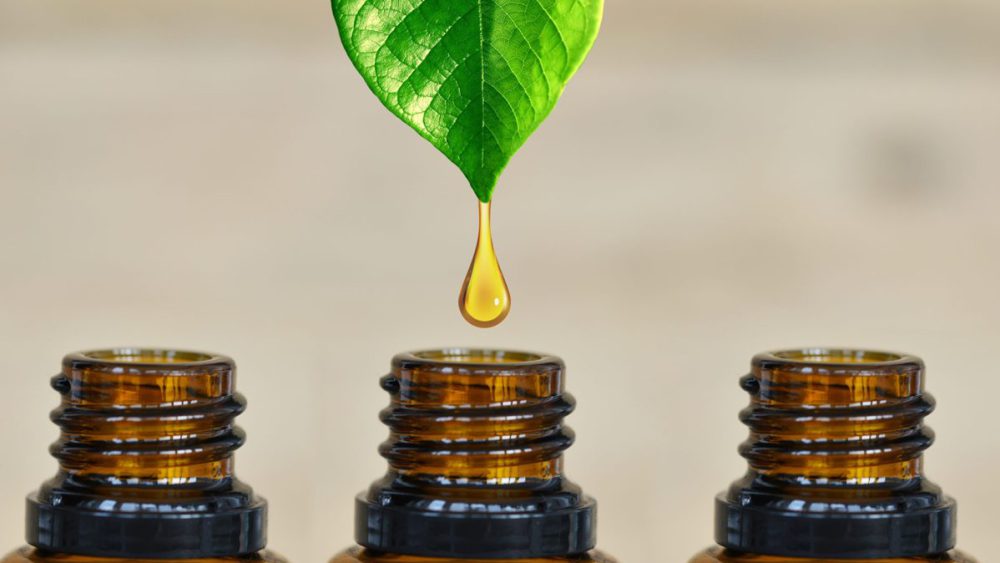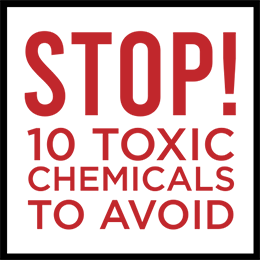I’m always talking about how the skin care and beauty industry are dropping over processed products in favor of essential oils and all-natural ingredients. Many of us think that because something is “natural” it is automatically healthy and good for us. But that isn’t always the case. Using essential oils on skin correctly can make the difference between a clear, relaxed face and the worst sunburn you’ve ever had.
Using essential oils for skin care can be beneficial for those of us who tend to have normal or combination skin. But people with sensitive, acne-prone skin need to be more careful. Not to mention that using essential oils incorrectly on any skin type can cause you to suffer from a negative reaction.
Here’s what the skin care and beauty industry hasn’t been telling you about essential oils.
Essential Oils May Be Too Harsh for Sensitive Skin
Can you use essential oils on skin? The short answer is yes, many people can. But if you know you have sensitive skin, approach with caution.
Using essential oils on skin that is prone to acne can can trigger a lot of negative reactions like breakouts, skin irritation, and sensitivity. The best way to know if using essential oils as skin care will irritate your sensitive skin is by testing a small spot for a couple days first.
Are You Using Pure Essential Oils or a Heavily Diluted Concoction?
When using essential oils, it’s vital to read the ingredients list. A product may be labeled as an essential oil, but in reality, it may be diluted with other ingredients. In some cases, having other ingredients (like a carrier oil) doesn’t affect the integrity of the essential oil negatively. But sometimes, an “essential oil” may actually be a parfum, or a fragrance. If you have sensitive skin, you probably know that parfums are can irritate some skin types.
A few good ways to determine the purity and quality of an essential oil:
– Is the essential oil in a glass bottle? Undiluted essential oils break down much more easily in plastic containers.
– Is the essential oil listed in the ingredients by its full plant name?
– Are there ingredients listed other than the essential oil? Are the ingredients other plant oils, or are they synthetic chemicals and preservatives?
– Is the essential oil listed as a parfum in the ingredients? “Parfum” is a general skin care ingredient term that can mean almost anything. There’s no way to tell whether a parfum is a pure essential oil or a diluted oil with fragrance and preservatives.
How to Apply Essential Oils on Skin – the Right Way
Have you ever gotten a negative skin reaction to essential oils, even if you don’t typically have sensitive skin? While it’s possible to experience an allergic reaction to essential oils, applying them to your skin incorrectly can also cause a negative reaction.
Essential oils are extremely concentrated forms of their plant counterparts. In fact, it can take hundreds of pounds of plant product to create just a few ounces of an essential oil. To put it in perspective, applying a pure, undiluted essential oil directly to your skin is like drinking about 50 or more cups of herbal tea at once! Essential oils are incredibly potent, so you have to take care to use them correctly.
Because the plant content is so heavily concentrated, diluting essential oils before topical application is the safest way to go. Carrier oils like coconut, jojoba, and squalane are popularly used to dilute them.
Another little known fact about using essential oils on skin is that it’s best to apply sunscreen right after. Some essential oils (particularly citrus oils like grapefruit and bergamot) cause photosensitivity after exposure to UV rays. If your skin seems like it’s blistering and burning more easily in the sun, even up to three days after using essential oils, you may be experiencing photosensitivity.
Also, it’s important to store your essential oils correctly. The healing chemical properties of essential oils are changed when the oil comes in contact with heat, light, and oxygen. And if you’re using essential oils as skin care, this change in chemical makeup can be damaging to your skin. It can easily open up the possibility of photosensitivity and free radical exposure.
Using the Healing Power of Essential Oils for Beautiful Skin
Using essential oils as skin care can be a good idea if you want to go the natural route. But again, essential oils are extremely potent and need to be used correctly to see the benefits. Slathering a pure essential oil on your face without diluting it, reading the ingredients label, or testing it on a small area first can quickly become a recipe for a breakout.
Interested in more all-natural skin care? Check out my DIY skin care recipes for interesting ways to use organic ingredients for overall skin health.





Comments are closed.